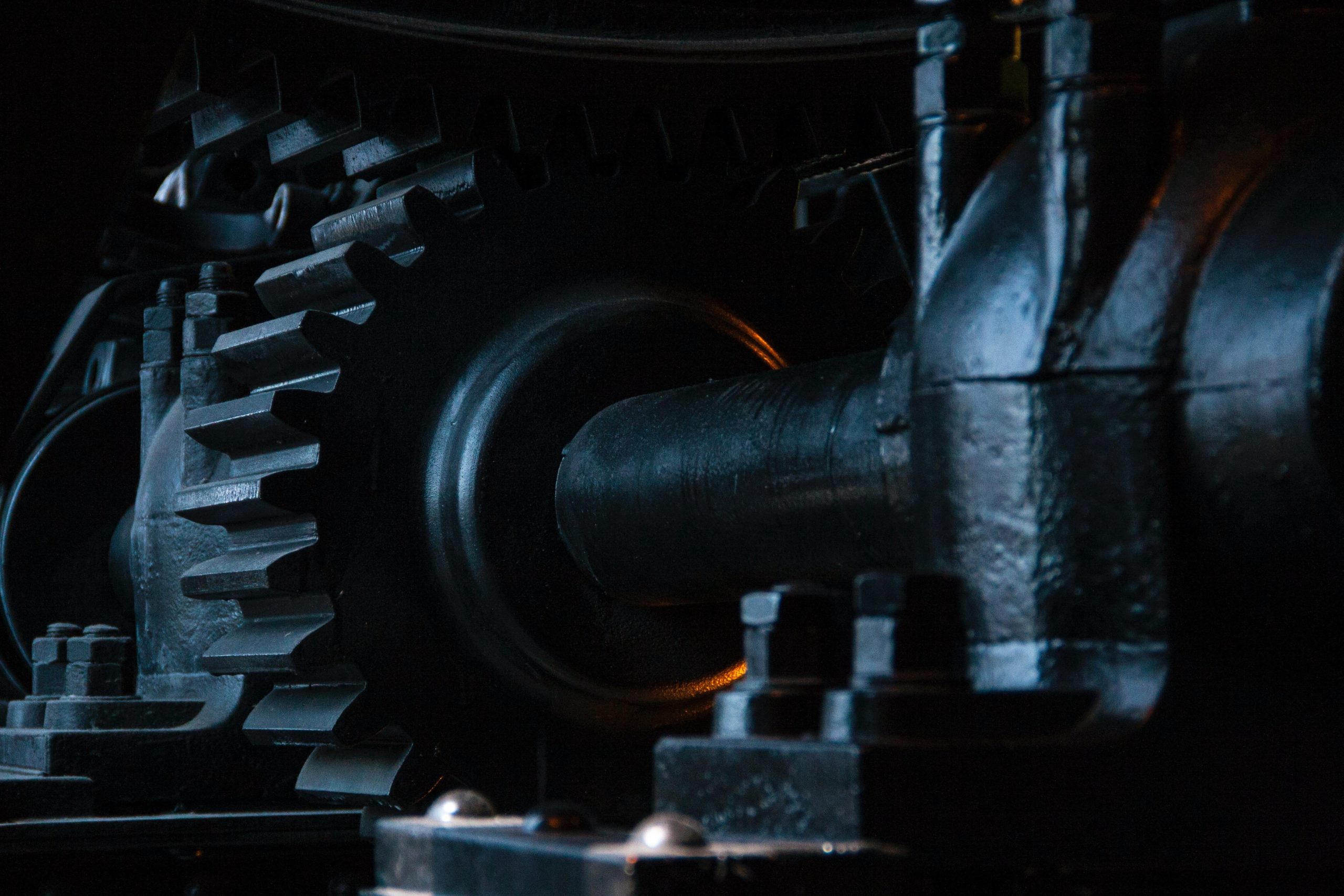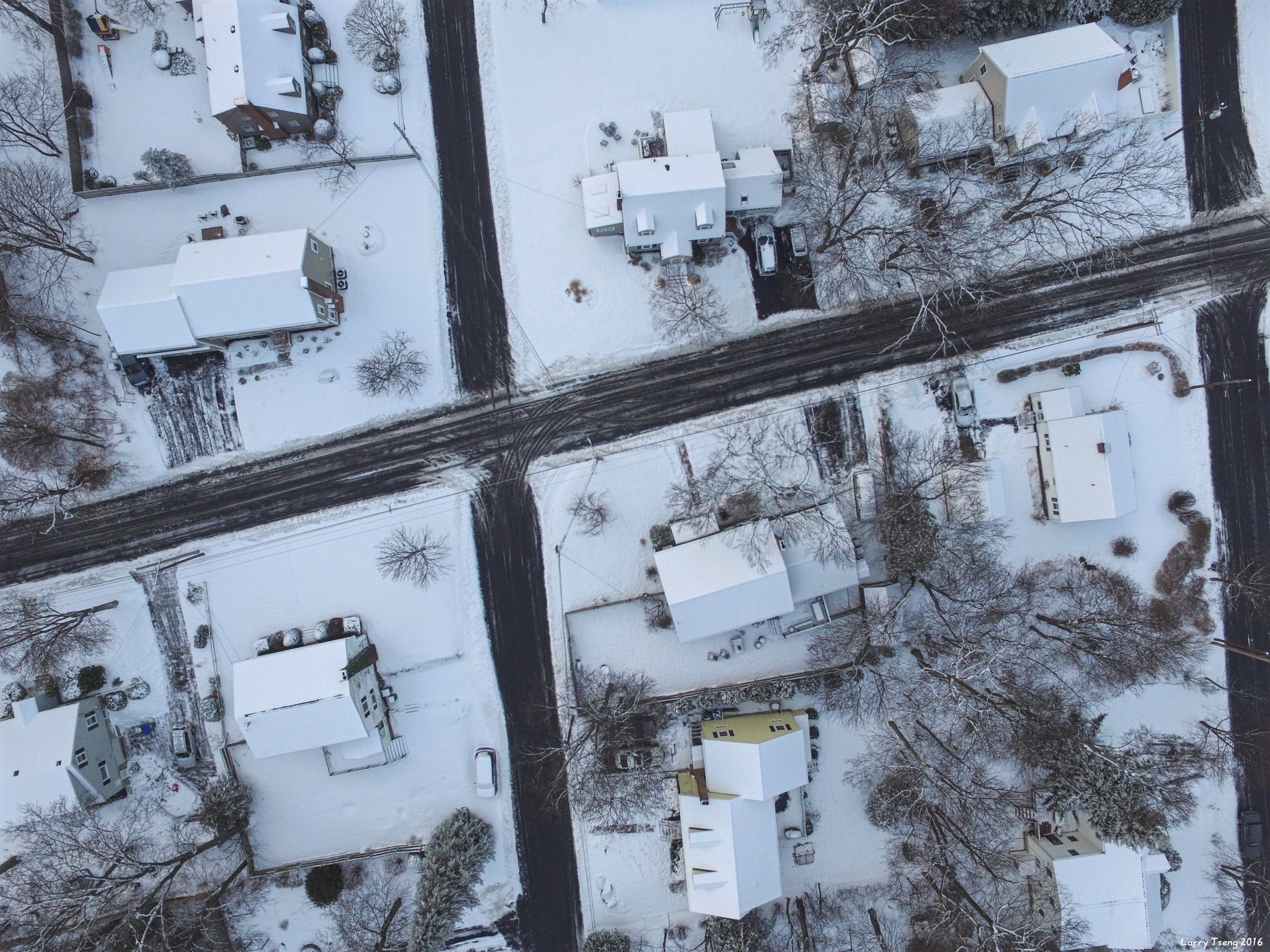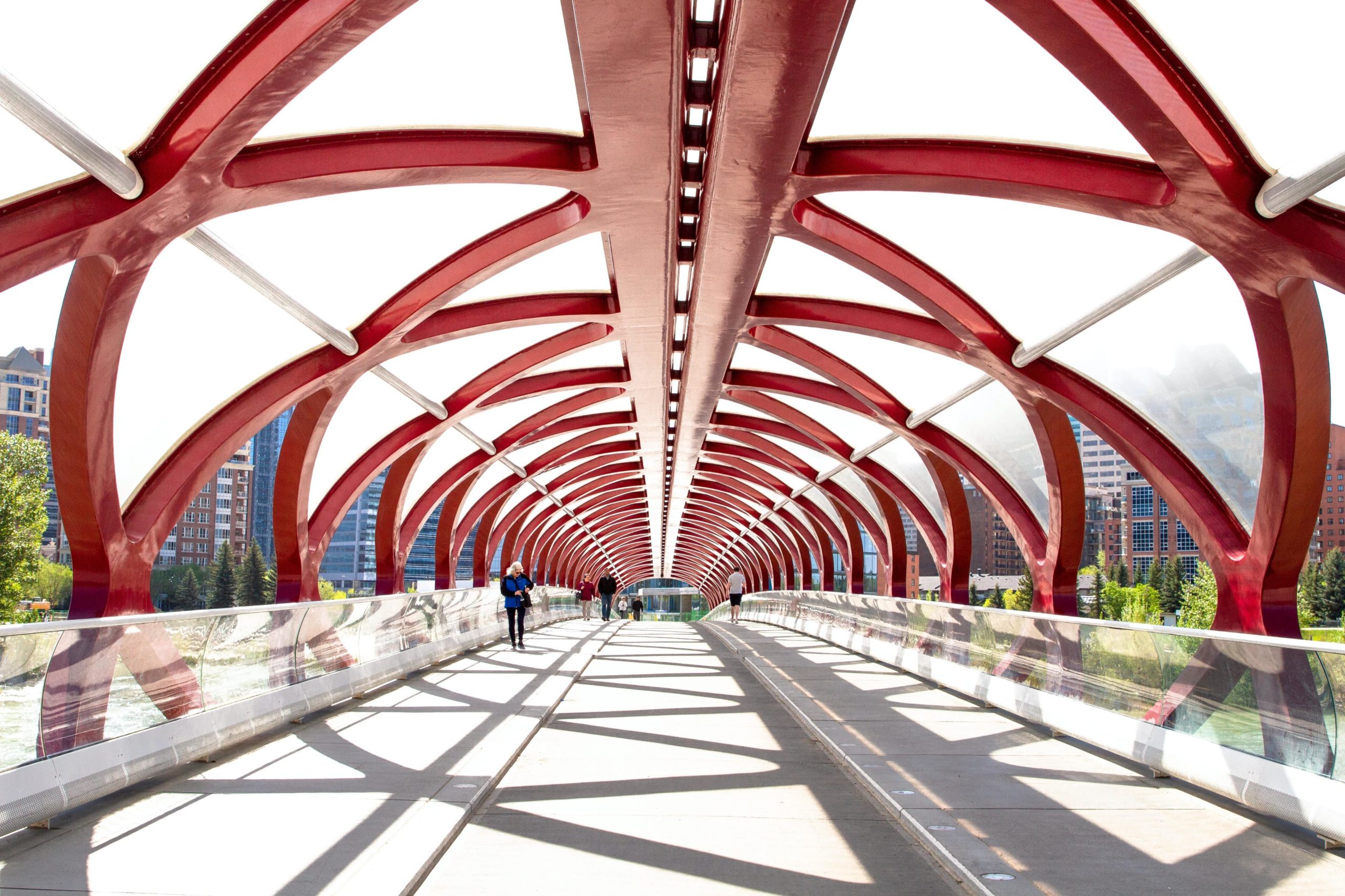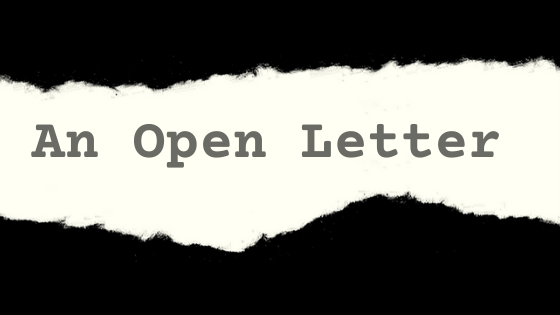Sitting in his kitchen with a ballpoint pen and a small coiled notebook, Walter considers his expenses. With December looming around the corner, he laments the fact that his furnace, after all these years, has chosen to retire on the heels of winter. With his natural gas furnace no longer working, Walter has purchased two electric heaters to warm his home. These new additions leave him feeling unsure of how best to tackle his energy bills and this nervousness inspires him to investigate his home’s various electrical needs. In his son’s room, shelves decked with plastic dinosaurs and superhero posters adorn the walls. A small boy by the name of Brooks sits in the corner with a laptop propped over his knees. Walter approaches and unplugs the computer cord, telling the boy to finish his homework by hand. The boy’s teacher, he assures, won’t mind. Little does Walter know that the cost of powering his son’s laptop is of little significance, especially when compared to the oversized electric heaters he’s had running since the furnace died. Still, these days he hopes to divert whatever savings he can.












